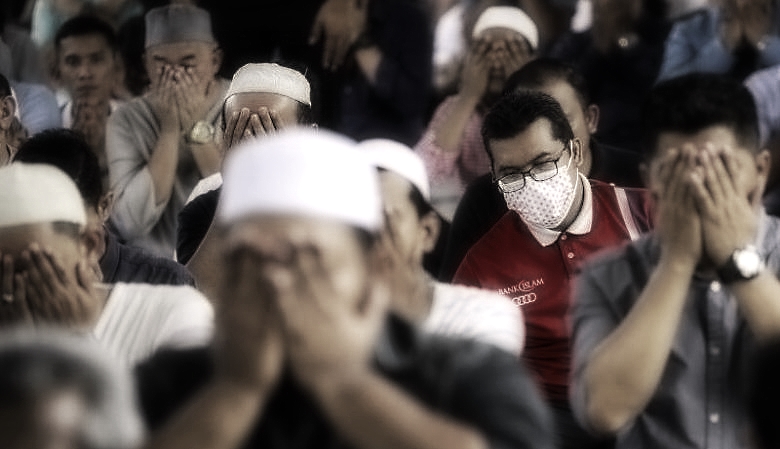
By Lim Sue Goan, Sin Chew Daily
JPMorgan Chase & Co predicted that Malaysia's COVID-19 infection rate will peak in mid-April with 6,300 cases.
The recent spate of actions taken by the government is meant to prepare for the worst to come.
Prior to this, the government has announced that EPF members below the age of 55 can draw up to RM500 a month from their Account 2. Other measures announced include RM500 million supplementary allocation for the health ministry, RM130 million for various states, extending the moratorium on PTPTN repayment to six months, a 6-month moratorium on loan repayment by individuals as well as SMEs, and extending the movement control order (MCO) by two weeks to April 14.
These measures have been introduced with the objective of relieving the financial burden of the rakyat and mitigating the impact of the coronavirus.
Nevertheless, RM500 monthly EPF withdrawal and 6-month moratorium on loan repayment will only give the people a brief respite out of their own pockets, and withdrawing from their EPF accounts means they will have less for their old age savings.
What is more important is to help employees keep their jobs. These people will lose their jobs if their employers find themselves no longer able to bear the hefty cost of the outbreak. For instance, the hospitality sector has already laid off 4% of workforce so far.
A Bank Negara survey several years ago showed that up to 94% of Malaysian wage earners were unable to survive if they went without jobs for more than half a year, while 76% of Malaysians could not come up with RM1,000 for emergency use.
Meanwhile, MIER has predicted that about 2.4 million Malaysians will be out of jobs if the MCO is extended by two weeks, 67% being unskilled workers.
The RM250 billion economic stimulus package has visualised this problem, offering assistance not only to employers but also low- and middle-income households. For example, nearly four million Malaysian households making less than RM4,000 a month can get RM1,600 in allowance while those earning between RM4,000 and RM8,000 will get RM1,000. Low- and middle-income individuals aged 21 and above will get RM800 and RM500 respectively, while Grab drivers can look forward to RM500 of assistance.
In addition, the government will also allocate RM100 billion to support SMEs and other local businesses, including RM5.9 billion in wage subsidies. Employees earning less than RM4,000 a month and employers whose incomes have been slashed by more than half will get RM600 from the government.
The quantum of wage subsidies may be insignificant compared to neighbouring Singapore. Singapore government allows self-employed individuals meeting the requirements to get S$1,000 (approximately RM3,000) every month for nine months. Additionally, wage subsidies for aviation industry employees have been remarkably increased.
Singapore is also mobilising up to S$17 billion in national reserves to help keep the people in employment and lift the country's economy.
Unfortunately our Perikatan Nasional government is unable to use our reserves as generously as Singapore, as this will affect the country's sovereign rating.
As a matter of fact, Malaysia lacks solid economic fundamentals to withstand the impact of the coronavirus. Our public debts are as high as 52.7% of GDP. The economic stimulus package announced by PM Muhyiddin will only add to the government's debts.
Malaysia has in the past been a very lucky country endowed with an abundance of natural resources with practically no natural disasters, allowing us to sail past many crises rather safely. We made it through the regional financial crisis of 1998 by means of capital control measures. Although more than a hundred people were killed in the Nipah virus outbreak in early 1999, infection rate was low despite 40% fatality. We were also relatively spared from the worst during the 2003 SARS outbreak.
Fortunately we had oil revenue to back us up, allowing us to get past the 2008 financial crisis as well as the 1MDB scandal of 2015.
Even if we eventually manage to contain the coronavirus outbreak here, if the situation remains critical outside the country, we still need to guard against imported virus cases. Can we keep locking ourselves up? In view of the plummeting oil prices, will the national economy be able to weather the severe challenges?
We must stay strong and support one another during such trying time. May God bless Malaysia!
ADVERTISEMENT
ADVERTISEMENT


































